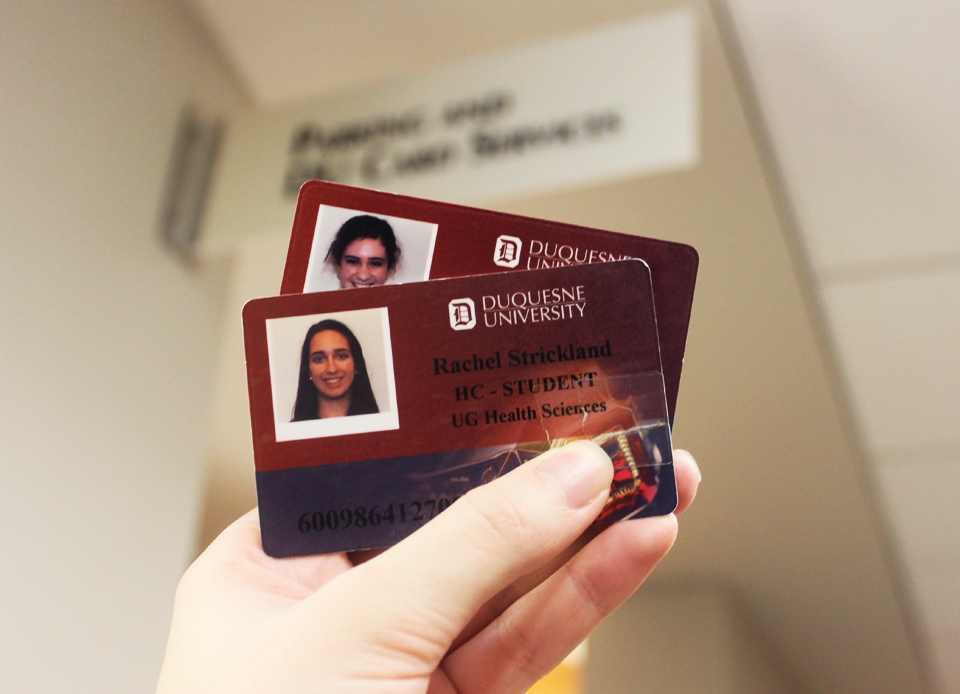By Duke Staff
Five years ago, the state of Pennsylvania implemented the Right to Know Law, which allowed anyone from the state to access public records ranging from criminal reports to pothole locations, building permits and paving schedules.
The downfall of the act, however, lies in the tedious process of accessing the information that requires paperwork, fees and time. However, with recent events a light may be seen at the end of one of Pittsburgh’s many tunnels.
On Jan. 14, Pittsburgh councilwoman Natalia Rudiak brought to council a new ordinance, The Open Data Legislation, that plans to make this information not only more accessible but also more effective by hosting the data on a website operated by the city.
According to the Pittsburgh Post-Gazette, over a dozen cities including San Francisco, New York, Chicago and Philadelphia have implemented data resources. Pittsburgh could reap comparable benefits if they successfully follow through with legislation.
For starters, the way in which the document was published is a revolutionary approach to legislation. The document was released to the public in the form of a Google Doc. Allowing anyone to access the Google Doc, voicing opinions on specific paragraphs and having the ability to share with others by a click is a colossal stride toward the future of how government and citizens interact.
Another advantage to having quick, easily obtainable information to public records is the shear potential of raw data. Information can be synthesized to make the entire city run more efficiently. The knowledge of city construction, the ability to track progress and monitor work is quite powerful. Not to mention this information will lead the way to potential jobs, giving local technology designers the opportunity to create apps that make information even more readily accessible.
The budget for the proposal is estimated at $100,000 for newly hired staff to run the site but is an investment the city can generate income from.
Where the money is going is still unclear exactly, the proposal is a chance for citizens to build a strong trust in the newly elected members, such as Mayor Bill Peduto, an advocate for the proposal.
Data is a powerful thing, if used correctly. Putting it in the hands of the public makes Pittsburgh a more powerful city. Rudiak’s proposal isn’t just a step in the right direction. It’s a step toward a more transparent, more efficient city. And that’s an extremely powerful thing.




